|
Here's a couple of reviews I've written for The Studio magazine by the MTA NSW.
Mastering the Piano Levels 1 to 5 from the Lang Lang Piano Academy published by Faber Music (2014) Purrfect Practice Technique Trainer 1 by Jackie Sharp (self-published) 2015. www.purrfectpractice.com.au
0 Comments
You love music, love students, love piano, and would love to bring it all together by establishing a studio practise. Fabulous! Here's a basic list of considerations to help you out, and hopefully we'll meet at some professional event in the future.
Qualifications: Trinity, AMEB studio teaching diplomas; coursework in studio pedagogy via universities. Advertising: Free online; MTA; newspaper; local schools; word of mouth; biography, resume, recommendations; who/where is your market? Professional practise: Teaching philosophy/statement; networks eg MTA, Collegiate of Music Educators; online forums; blog/website; conferences/workshops/online courses. Financial: Pricepoint; how much do you want to earn? how often do you want to be paid? spreadsheets/attendance records; admin; accountant; insurance; superannuation; invoicing; receipts; student contacts/history records. Equipment: Instruments; maintenance; electronic/digital; computer; internet; online teaching equipment; furniture; teaching space; occ health/safety. Council: Permission home business; parking; toilet; access; noise; lighting; electricity; neighbours. Government: Tax; ABN; PAYG; RTA working with children check. Parents: Studio agreement; attendance policies; observation lessons; explicit pedagogy; reporting; quality of instrument and location for practising; expectations. Students: Books; practise policies; planning; relationship/rapport; expectations; goals; repertoire; performing, composing, musicology, aural; special needs. Scheduling events: Recitals; exams; recordings (eg YouTube channel, make a CD); nursing homes, shopping centres; fundraising practise drive. Scheduling teaching: Meals/breaks; hours open; weeks per year; holidays; public holidays; public calendar (iCal); babysitting. Here's a link to my review on Griffin's Learning Strategies for Musical Success as published in The Studio (MTA NSW). I highly recommend the MTA and encourage serious instrumental teachers to join it: www.musicnsw.com.au
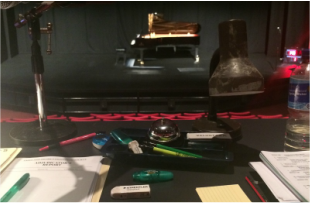 Here's my ultimate but simple list for choosing performance repertoire. It's a list I've gathered from listening to many recitals and eisteddfods and has been helpful for me when discussing repertoire with students. I'll keep adjusting this and would love to hear any of your suggestions too. CHOOSE: - something that is engaging - something that you like - something that has artistic merit - something that is revealing - something that is rhythmically fun - something that is a little risky but still within your capability - something that is written specifically for piano/keyboard STAY AWAY FROM: - new arrangements or compositions that lack musicality - something that is too hard for your ability - something that is too safe - something that is too boring - something that you hate THINK CAREFULLY WHEN CHOOSING: - pieces that are well-known - reductions - pieces that lack a melody - pieces that are too long or too short - pieces with offensive titles or meanings CHECK: - that you understand the style of the piece and can play it in that style - that you are on top of all the technical demands of the piece - that you have all copyright permissions needed to perform the piece - that the piece suits the occasion and the audience Currently in Australia, not every student has access to quality music education in schools, which is outrageous. A lack of teacher-training, resources, management of curriculum demands, have contributed to this problem. To solve this, music specialists need to be put in every school in Australia. If you're not sure why this is important, please have a look at my earlier blogs, or read about the benefits of music education here. The newly-established 'Music Trust' has put together a campaign to petition government for a better music education in schools. Details of the campaign can be found at http://thefulldeal.com.au - the stats on this site are alarming. Please sign the petition, and push for more music in schools so that all of our children can benefit.
I'm currently studying MTeach in secondary school teaching and have put together a number of webpages to meet assignment/prac requirements. These pages have resources, presentations, and online activities that both students and teachers can use. Please contact me if you want to use any of the quizzes as I will have to alter them to make it work for you. Here is a list of these resources which I'll keep updating.
Topics: 19th Century Music Classical Music Music of Africa Music of the Baroque period: keyboard instruments Music of a Culture: Jewish music Music of a Culture: Yolngu music Music of a Culture: Balinese Gamelan music Music for Multimedia: Gaming Music Music for Radio, Television, Film and Multimedia: Advertising Music Music for Radio, Television, Film and Multimedia: Music for Film Music and Technology: Electronic Music Music and Technology: Minimalism Popular Music: Soul Music Popular Music: Australian Rock Music Theatre Music Exams: Music 2, Year 12 Aural Exam (created by R.Hocking) Music Skills: Rhythm: triple time Here's a great short video by one of my personal favourites, Angela Hewitt, about the importance of slow practise. She especially mentions that in slow practise, we need to include everything e.g. articulation, dynamics, phrasing etc, just in the same way as when we play the same piece at a faster tempo.  The uni class I attended tonight was a great example of learning through observation rather than being *told* what should be learnt. The lecture was mostly in silence except for music which was created through demonstration/imitation, and the result was musically-meaningful performance/improvisation by students of differing musical ability. Our lecturer Nick Lane used Orff methods which not only taught us how to improvise with a piece of music (in this case, one of Nick's arrangements) but also demonstrated how to teach our own students to do this. It just goes to show how the Orff method can be used in any educational setting - in this case, teacher training, serving two purposes at once. Nick also used 'antennas beaters stance' when not playing, must be a standard Orff thing to do - comforting to see as I use that too! (Well, in one primary school we used 'unicorn beaters stance' as each student only had access to one beater each). Looking forward to next week's lecture. |
My BlogReflections/news on music, piano and music teaching, and anything else that pops up. Archives
October 2021
Categories
All
|
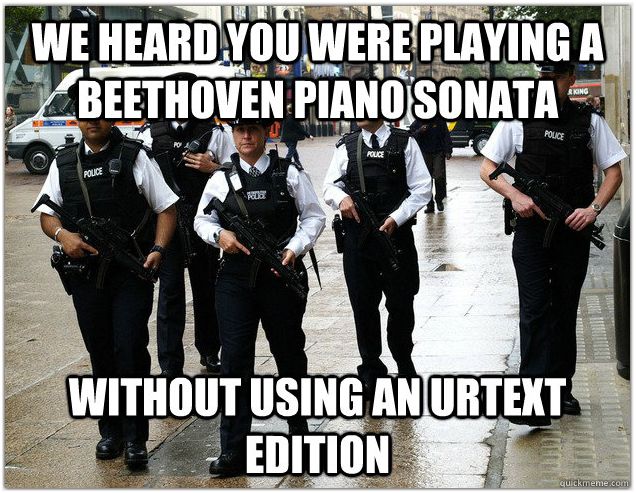
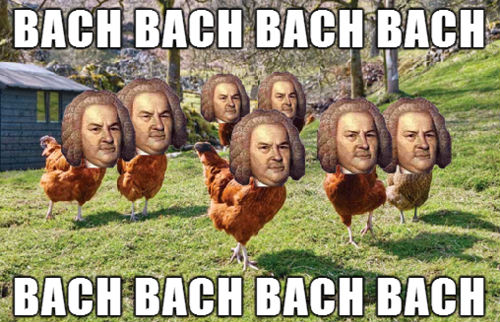

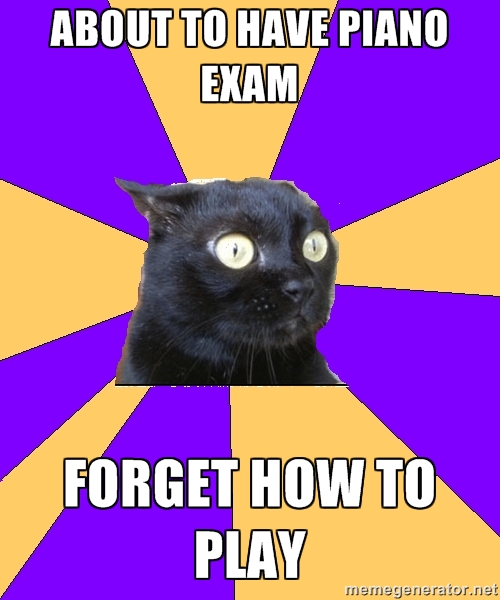
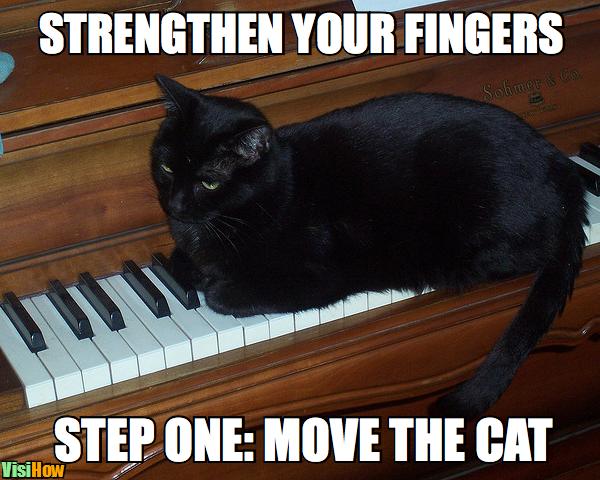
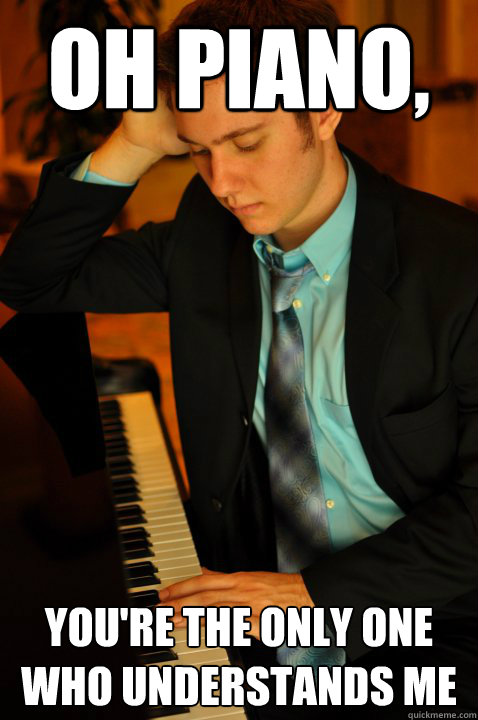

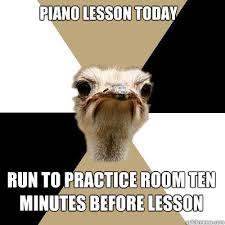
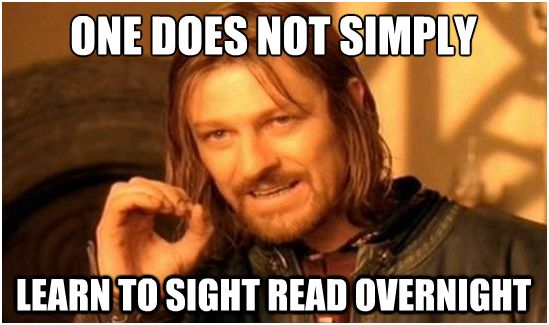
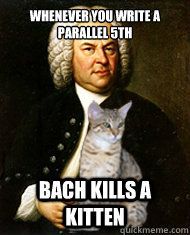
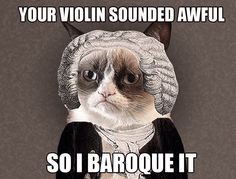
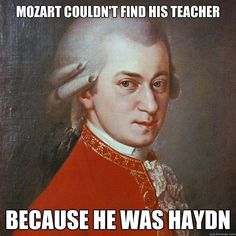
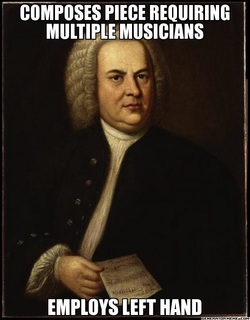
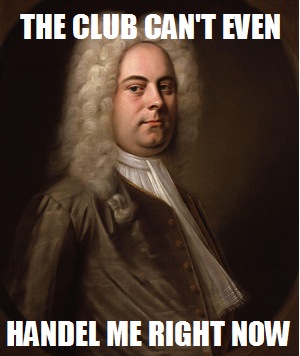
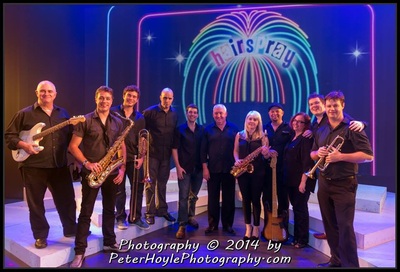
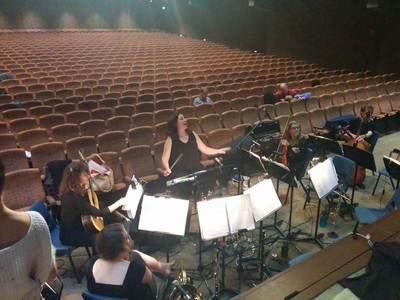
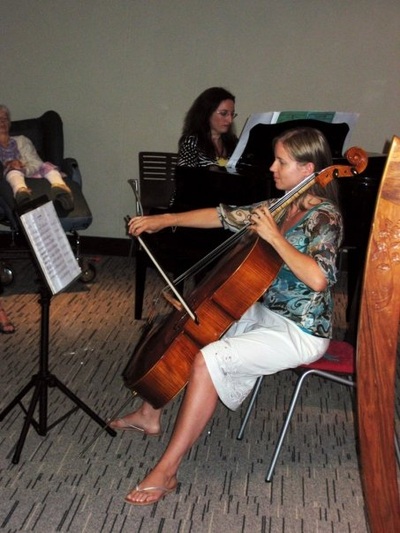
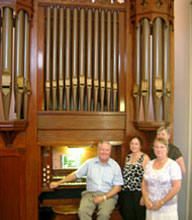


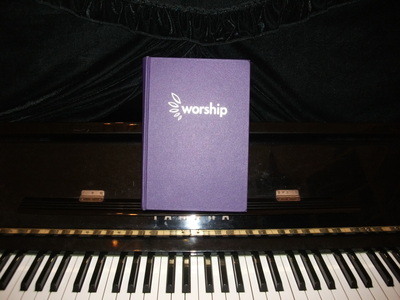
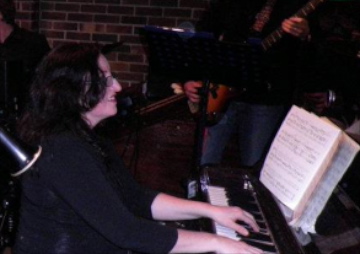
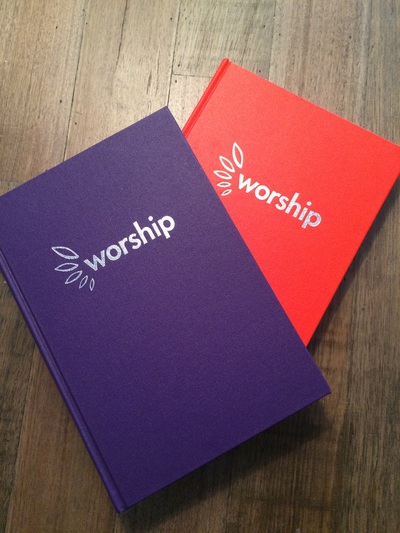
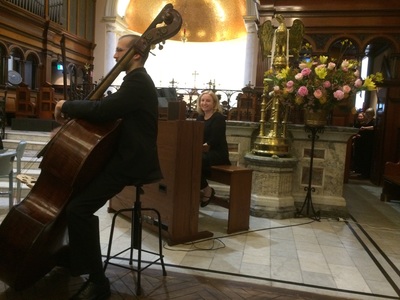
 RSS Feed
RSS Feed